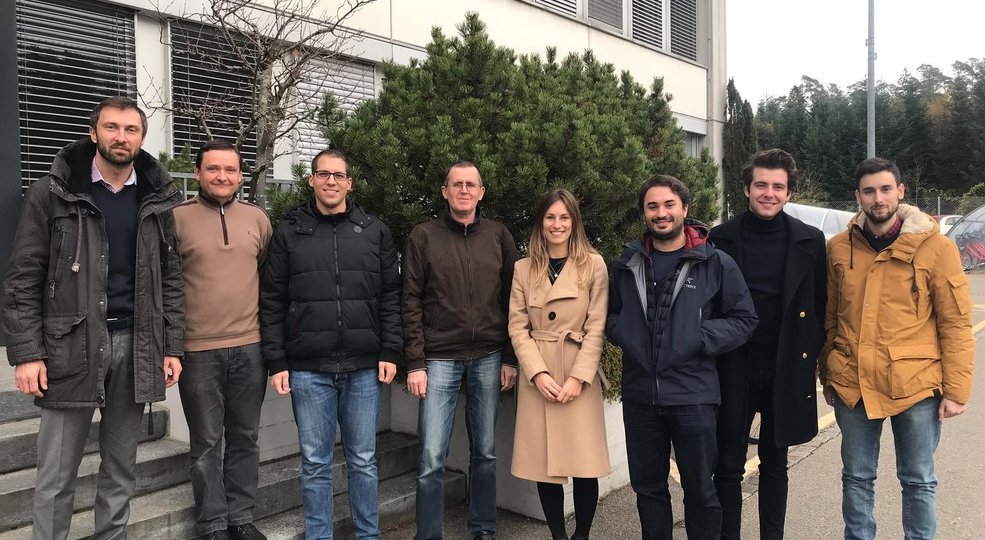
Antonio Jiménez-Carrascosa is one of the students who benefited from the ESFR-SMART student mobility program. He spent three months in Switzerland (November 2019 to January 2020), at the Paul Scherrer Institut (PSI), and worked on the transient calculations of the ESFR which will help capture the physical behaviour of sodium boiling.
I am doing my PhD at the Technical University of Madrid (UPM, Spain) in the framework of the ESFR-SMART project, and I recently completed a three-months internship at the Paul Scherrer Institut (PSI, Switzerland), starting from November 2019. This internship was supported by the ESFR-SMART student mobility program allowing me to work in an awesome research environment at the Advanced Nuclear Systems Group.
My PhD work is focused on the neutronic characterisation of the ESFR core and the assessment of its safety level from the reactor physics’ point of view. The proper estimation of the sodium void reactivity coefficients is highly important for a best-estimate transient calculation.
At PSI, I dealt with the transient calculations of the ESFR and, specifically, a new method based on machine learning techniques was developed in order to capture the physical behaviour of sodium boiling, taking into account the spatial interactions of this effect. This method is supported by a set of calculations performed by the deterministic code ERANOS before its integration within the transient code TRACE employed by PSI for SFR analyses.
The cooperation between PSI and UPM continues and this method will be applied to different types of transients and extended for capturing the interaction between different reactivity coefficients: sodium void and Doppler effects. Additionally, other tasks such as the decay heat estimation have been carried out for feeding the transient code.
I greatly appreciate the opportunity to work in this group and to spend my time in an international environment leading to a very rewarding experience. I would like to thank Konstantin Mikityuk, Jiri Krepel and Alexander Ponomarev for their help during my internship and the work that continues.

